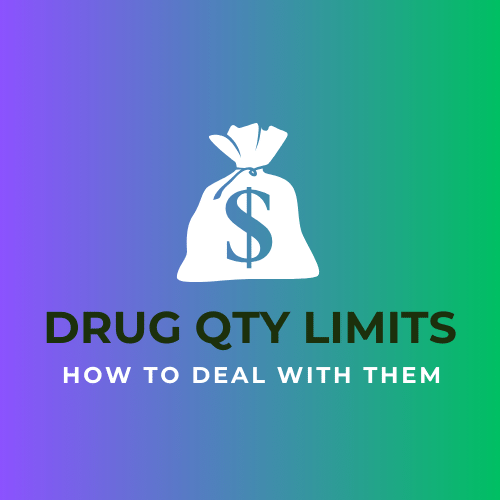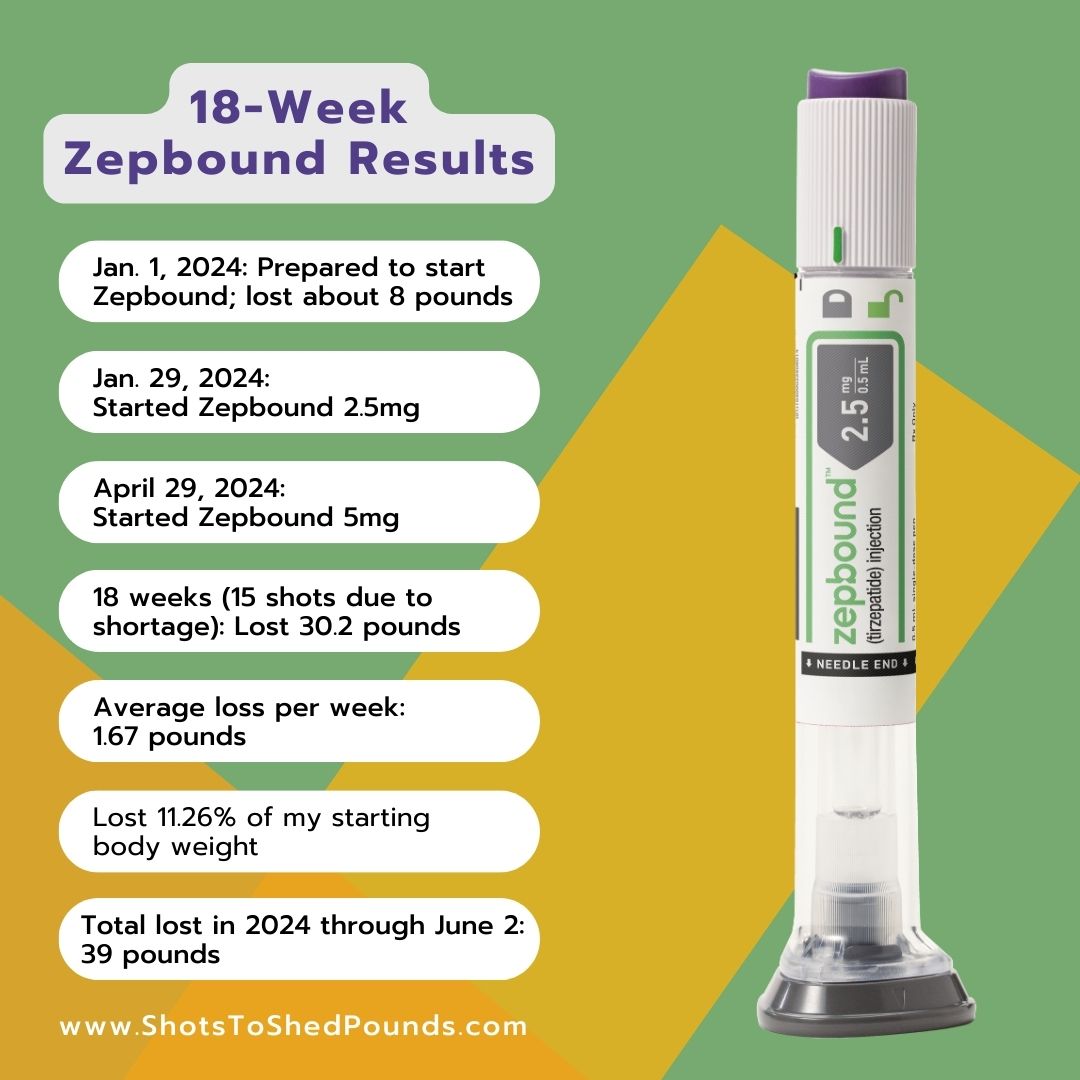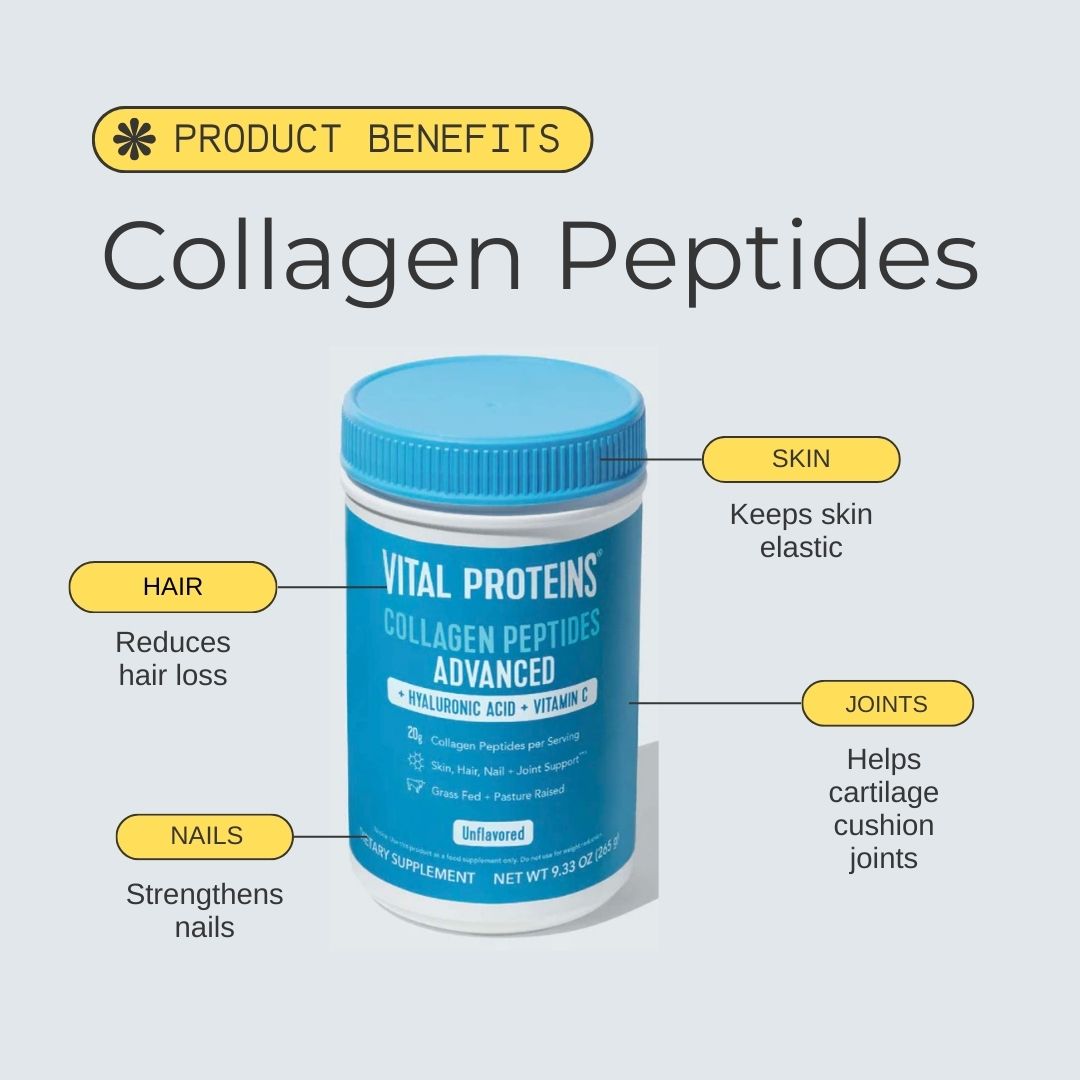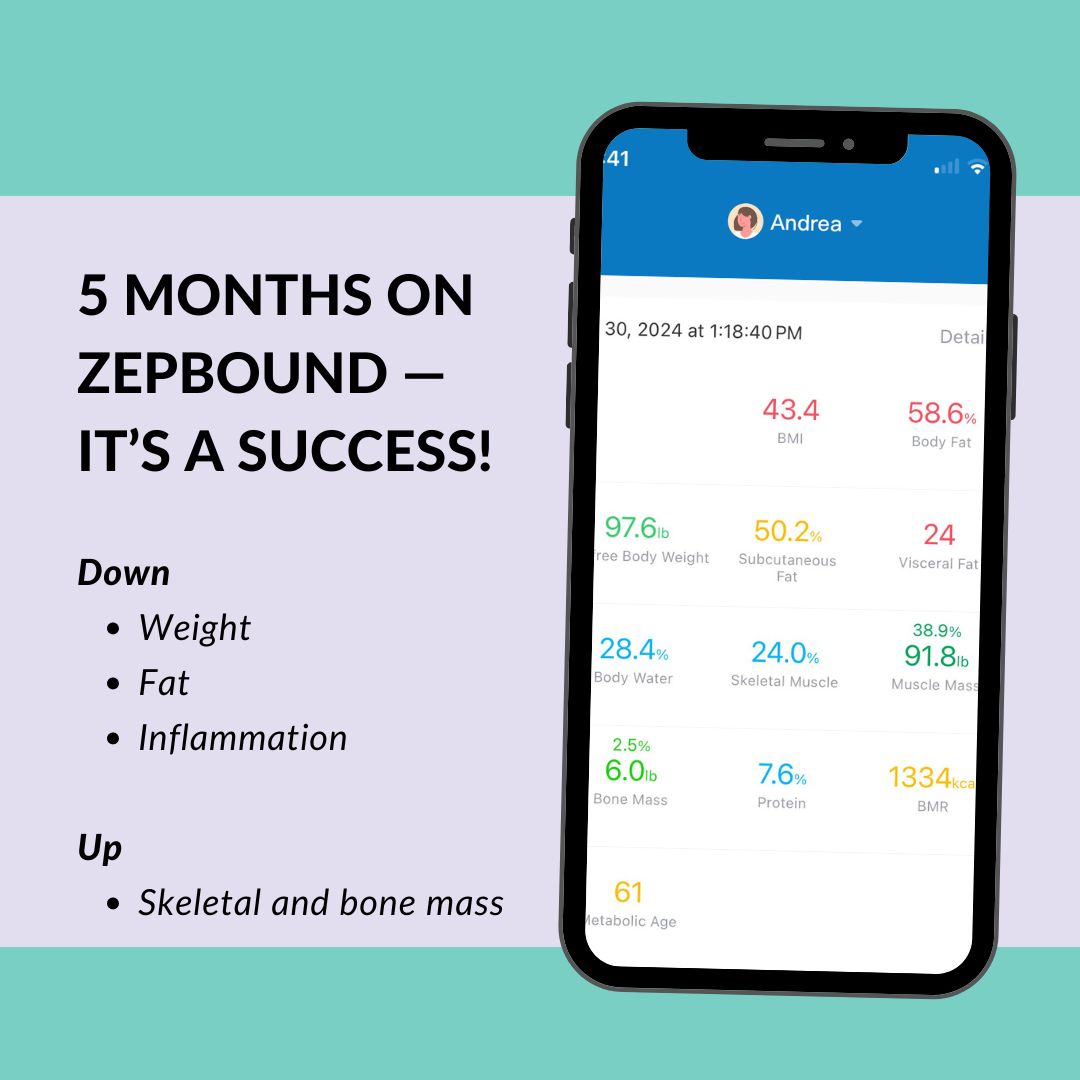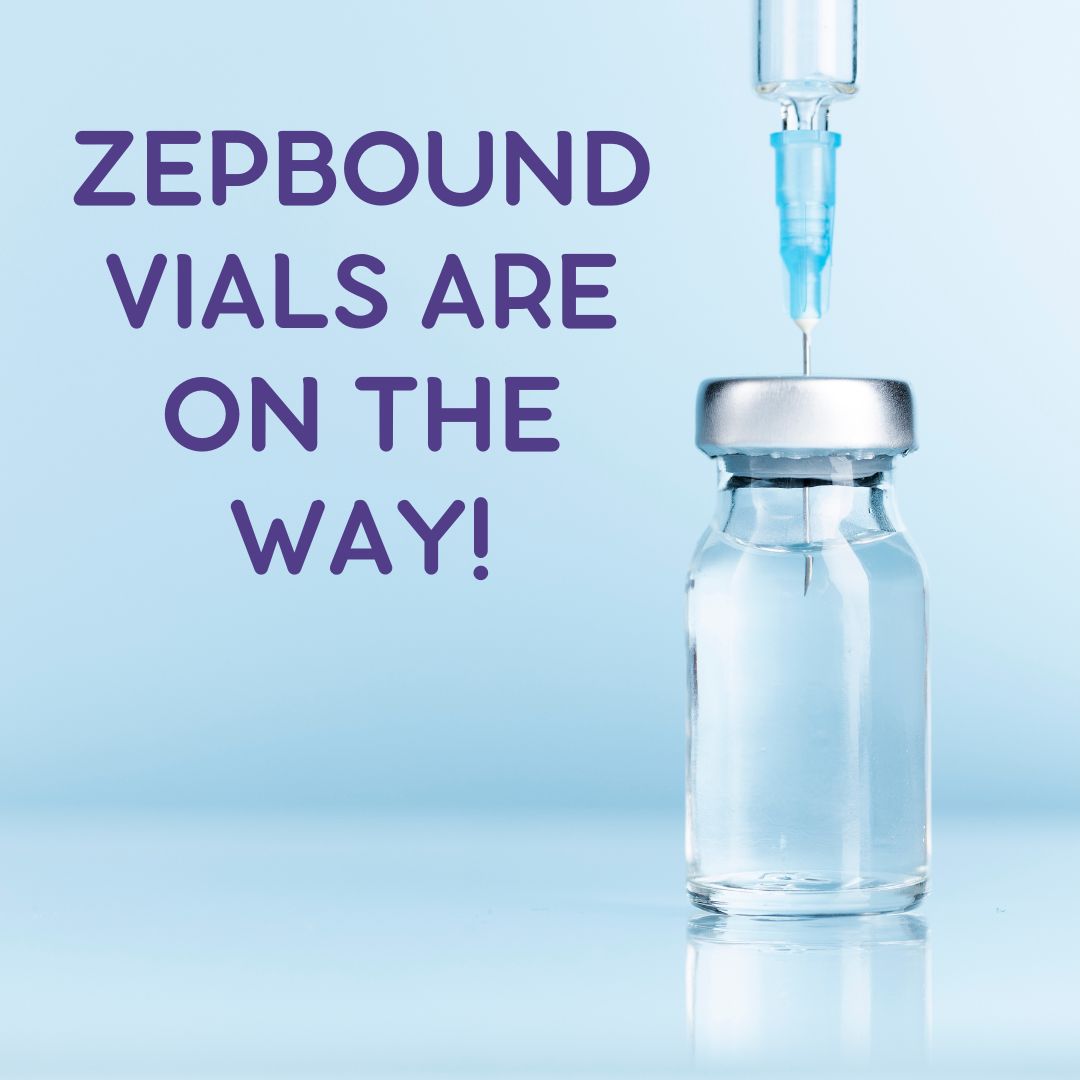What is a compounding pharmacy?
I once had a bearded collie who suffered from Cushing’s Syndrome. The vet prescribed medication and instructed us to buy it from a compounding pharmacy. That way, the dose could be customized for her specific needs. That’s the only reason the term “compounding pharmacy” is familiar to me now. However, it’s a phrase many people are learning as they grapple with the reality of the GLP-1 shortage, which may last through 2025.
What is a compounding pharmacy?
Compounding pharmacies are different from traditional pharmacies, such as CVS or Walgreens. At those retailers, you buy FDA-approved, mass-produced medications manufactured by pharmaceutical companies.
Compounding pharmacies custom-make drugs to sell to individuals with a prescription or in bulk to clients, such as a doctors’ group, hospital, weight loss clinic, or wellness spa.
These pharmacies customize the medication for each specific patient. This may mean personalizing the dose, which may not be available as an option directly from the pharmaceutical company that developed the drug. Or, your doctor may wish to combine certain medicines and/or vitamins into one capsule or injection. A compounding pharmacy is the method by which this is done.
Are there different types of compounded medicines?
Yes. Compounding pharmacies make sterile and non-sterile medicines.
Sterile medications refer to those that you inject into body tissue or the bloodstream, or put in your eyes. As you can imagine, sterile medications should not contaminated with bacteria or fungi.
Non-sterile medicines are things like ointments/creams and capsules.
Why can compounding pharmacies sell Zepbound and similar GLP-1 drugs? Aren’t those medications still under patent by pharmaceutical companies?
Compounding pharmacies will not create medications that are off-limits. While GLP-1 drugs are still under patent, a legal mechanism allows them to create these drugs now.
If a medication is on the U.S. Food and Drug Administration’s official shortage list, compounding pharmacies can manufacture it. (See the Compounded Drug Products That Are Essentially Copies of a Commercially Available Drug Product Under Section 503A of the Federal Food, Drug, and Cosmetic Act for more information.)
Even though it’s legal, pharmaceutical companies are fighting back, warning patients that compounded medications may not be safe.
During the ongoing tirzepatide shortage, many people have switched from Zepbound or Mounjaro to a compounded version. These are not official medications and they are not made by Lilly. These unofficial versions of tirzepatide may be made with different fillers than the manufacturer uses and sometimes with the addition of vitamin(s) or supplements.
It’s common to see tirzepatide compounds that include B12 or niacinamide. Zepbound/Mounjaro do not include those elements.
Compounding pharmacies also sell semaglutide (Wegovy and Ozempic) and liraglutide (Saxenda and Victoza) because those medications are also on the FDA’s shortage list.
Will tirzepatide or semaglutide be packaged in an auto-inject pen like I’m used to?
No. The compounding pharmacy will send single-dose vials and sterile injection needles. Ask your doctor to show you how to properly inject the medication. You can also watch videos on YouTube. Alternatively, you can buy an auto-inject pen. Ask your doctor for recommendations.
Are all compounding pharmacies equal?
These types of facilities are either 503a pharmacies, regulated by the states, or 503b pharmacies regulated by the Food and Drug Administration.
503a pharmacies follow the standards set out by the United States Pharmacopia (USP 797). States regulate these pharmacies. Drugs are compounded for individual patients.
On the other hand, the FDA regulates 503b pharmacies, which follow Good Manufacturing Practices (cGMP) standards. Extensive drug testing is part of the requirements. These pharmacies can make medications on a large scale and do so with or without prescriptions to be sold to healthcare facilities (doctor’s office, clinic, hospital, etc.). According to The FDA Group, “503b compounding pharmacies that provide patient-specific medications are held to higher regulatory standards.”
Related: Directory of State Boards of Pharmacy to Vet 503a Compounding Pharmacies
Is it safe to take a drug made by a compounding pharmacy?
Millions of people take compounded drugs. Talk with your doctor to learn more and determine if you are comfortable going that route.
In a paper with guidance for the industry, the FDA says this about the safety of compounded drugs:
“FDA has investigated numerous serious adverse events associated with compounded drug
products that were contaminated or otherwise compounded improperly, including the adverse events associated with the 2012 fungal meningitis outbreak in which contaminated injectable drug products resulted in more than 60 deaths and 750 cases of infection. FDA has also identified many pharmacies that compounded drug products under insanitary conditions, such that the drug products may have been contaminated with filth or rendered injurious to health, and that shipped the compounded drug products made under these conditions to patients and health care practitioners across the country, sometimes in large amounts.”
Do insurance companies pay for compounded drugs?
No. You will pay out of pocket if you and your doctor decide that a compounded drug is right for you. Insurance will not pay for compound versions of tirzepatide, semaglutide, or liraglutide.
This is not an insignificant point since a compound will likely cost several hundred dollars monthly.
Should I buy GLP-1 drugs from a compounding pharmacy?
I’m not a doctor or a medical professional, and no information on this site constitutes medical advice.
Many people successfully use compounded semaglutide and tirzepatide every day. While there are risks, you and your doctor may decide it’s the right option in light of GLP-1 drug shortages.
Will my doctor send my prescription to a compounding pharmacy?
Make an appointment with your doctor to discuss compounds as an option during the GLP-1 drug shortage. Some physicians are open to compounding pharmacies and require that their patients use the one they trust. Your doctor will send your prescription directly to the compounding pharmacy.
However, some doctors are not on board with this method of drug sourcing. If that’s your case and you still decide it’s right for you after doing your research, you can sign up with companies specializing in this. It’s like a telehealth option that then contracts with one or more compounding pharmacies. The pharmacy will send the medication directly to you. The clinic is just the mechanism for you to get the prescription/order.
How do I find a reputable compounding pharmacy?
Look for these three things before choosing a compounding pharmacy:
- The pharmacy is 503a or 503b regulated.
- If 503a regulated, contact your state’s board of pharmacy to ask if the pharmacy is licensed in the state, if it has state-licensed pharmacists on staff, and has no record of disciplinary action.
- The pharmacy is accredited by the Pharmacy Compounding Accreditation Board (PCAB).
Brightmeds, Emerge Weight Loss, Mochi Health, Orderly Meds, and Fridays are popular companies that contract with compounding pharmacies.
What should I ask the compounding pharmacy?
Start with questions like these:
- Are you a 503a or 503b pharmacy?
- Are you accredited by the Pharmacy Compounding Accreditation Board?
- How long have you been in business?
- How many people work at the pharmacy? How are they trained?
- How many state-licensed pharmacists are on-site during the compounding process?
- Will you send me a certificate of analysis for the drug I order?
- Will you send me proof that my order has been tested for sterility and potency?
- How do you ensure my order will stay at the recommended temperature throughout the shipping duration (whether due to hot summer or cold winter temperatures)?
- What happens if my medication arrives damaged?
The wrap-up
Switching from an FDA-approved GLP-1 drug for weight loss to a compounded version is a big decision. Talk with your doctor, research, run the numbers, and choose what’s right for you.
Have you switched to a compounded version of tirzepatide, semaglutide, or liraglutide? I’d love to hear about your experience: email me or post about it on the Shots to Shed Pounds Facebook page.

